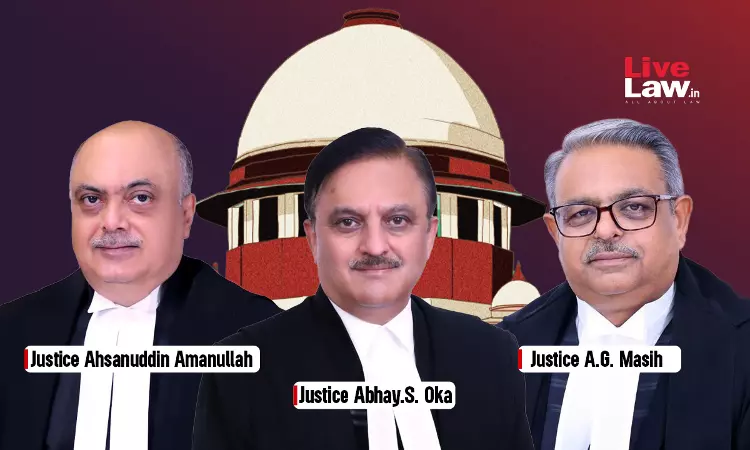Supreme Court Criticises Delhi HC's Directions To Judicial Officers Against Censuring Police Officers
Amisha Shrivastava
1 Aug 2024 6:58 PM IST

Next Story
1 Aug 2024 6:58 PM IST
The Supreme Court on Thursday (August 1) criticized the Delhi High Court's Rules for “Practice in the Trial of Criminal Cases”, which state that it is “undesirable for courts to censure police officers unless strictly relevant to the case”. The Court asserted that the HC cannot pass directions dictating the judicial officers on how to write judgments.Section 6 of Chapter 1, Part H of...
